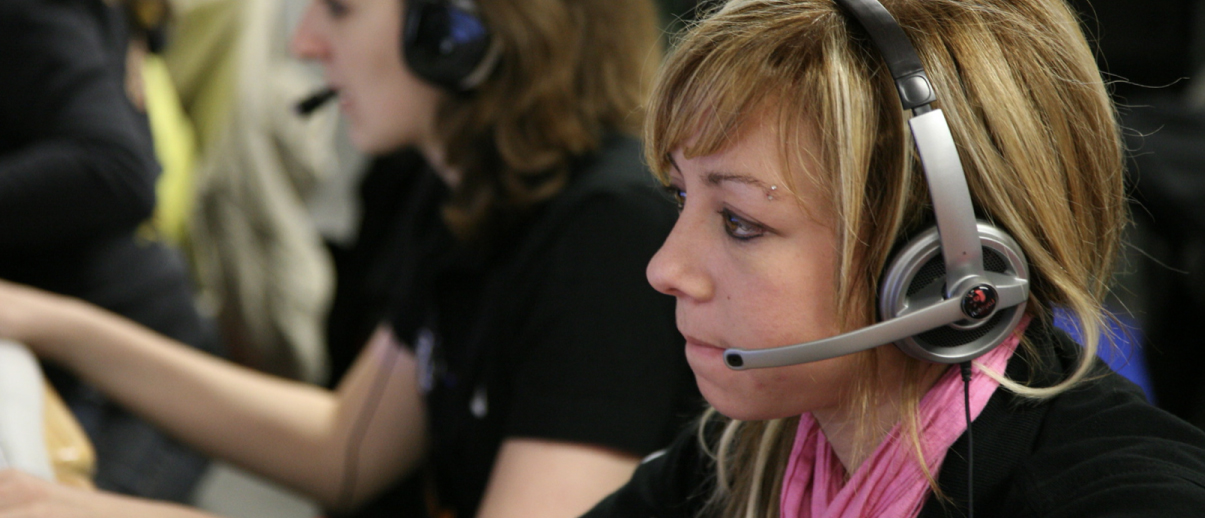Recent Articles
2020 Recollective: Beauty’s Obsession with Technology, Manifested Through Gaming
By Associate Director Erica Foster
We’ve reached the part of the year when inboxes and social media feeds are flooded with roundups of all the hits and misses of 2020, with a look to what may happen in 2021. In my work as a brand strategist and Egg’s experience across the beauty category, I’ve been wondering what beauty trends have grown or evolved over this past year. Obviously, there are many unexpected events that unfolded in 2020 that forced beauty brands to pivot, and beauty’s intersection with technology, especially gaming, has inspired positive disruption that’s worth taking a closer look at.
The overlap of beauty and tech is not new. Looking back, experts regard the first intersection of these spaces to be from 1998, when Cosmopolitan Magazine created virtual makeup software. In recent years, beauty brands have been trying to crack the code on how to authentically merge with Augmented Reality (AR) and Artificial Intelligence (AI), and so far those plays have been made through product development. At this year’s Consumer Electronics Show in January, L’Oréal unveiled Perso, an at-home system that uses AI to provide custom-blended skincare, lipstick and foundation using skin analysis, reported skin concerns, and even environmental factors.
Beyond precedent, there are a few reasons why beauty and tech naturally overlap. First, there’s the ubiquity around smartphones and digital connection. In explaining L’Oréal’s aspirations to become a beauty-tech pioneer, Maxime Garcia-Janin, a founder of a fragrance startup, Silages, and a past employee of L’Oréal’s tech incubator, said “The Kardashians have changed the market. The beauty market is changing really fast because of digital — it is changing all the rules. L’Oréal is working with startups like us to understand digital changes.” This is surely a trend that beauty will continue to have to contend and adapt with, especially as shopping behaviors continually shift both currently and especially in a post-Covid world.
The second reason is the competition. As mentioned in my last piece about new approaches to beauty, there’s a rise in smaller, beauty brands emerging onto the market and stealing share. Not only are they a growing threat tapping into the unmet needs of younger Millennials and Gen Z consumers, they are digitally native, often entirely on e-commerce. But more than just being online, these brands have tapped into what might be the biggest unmet need in the category, which is personalization. Personalization has emerged as a mountain that brands both large and small have attempted to climb, with many brands looking to tech as that golden ticket to push this to the next level. A few months prior to CES 2020, Shiseido launched an IoT skincare system called Optune, which created a customized skin-care regiment based on facial analysis from a consumers’ smartphone. In an interview with Nikkei Asian Review, Shiseido’s president Masahiko Uotani said, “Cutting-edge digital technology will allow us to disseminate ‘personalized beauty’ as no one has done before…There is still no [cosmetics] company that has been able to integrate personalization into their business models. If we lead in this field, we could beat global competitors that are larger than us.” While only time will tell how successful Optune does, I believe beauty’s quest to dominate personalization will continue in 2021 and beyond, manifesting itself through expanded product shades and textures, targeted communications campaigns, and continued new product releases.
But this isn’t the full story. Digital-connection and personalization may have inspired product development plays, but gaming actually had the biggest impact, across both product, marketing, and brand building this year.
So what is it about 2020, beauty, and gaming? As we know, gaming has long been a booming industry, and COVID-19 only increased this engagement, especially among newer demographics. As Peter Suderman explained in his op-ed for the New York Times, “The longer the coronavirus keeps social life and culture in isolation, the more we’ll need frivolity and escapism.” He talks about how gaming, especially open-world games, leave us feeling less trapped because they give a sense of exploration right from our couch. Beauty executives must have seen this need for exploration and escape, and they saw the perfect opportunity to tie beauty’s emotional benefit of escape, decompression, and exploration to that of gaming.
Tatcha, a Japanese skin-care brand and Sephora darling, announced a new product release by creating its own island in Animal Crossing, one of this year’s most popular games created by Nintendo. When visiting the island, you can experience Japanese wellness rituals, learn more about the products, and even hang out with Tatcha’s founder, all in a branded robe of course. If you solve their scavenger hunt, you can even earn a travel-size product IRL.
Another notable beauty-tech partnership was in June 2020 when MAC announced a collaboration with the game Sims 4, giving players the opportunities for their Sims to rock a series of different makeup looks. Explaining the motive for partnering, EA producer Dana Peterson said, “We found that our brand identities meshed really well together, and that was reflected in our partnership.”
Beauty brands began this year on their usual mission to further integrate tech into their ways of working. But what they didn’t realize is how another corner of the tech category, gaming, would have a direct intersection and cause an ultimate redirection in how the beauty category behaves with its consumers. It’s another lesson of what we see constantly across our work at Egg Strategy – out-of-category trends can often answer long-standing category conundrums.
